Our mission is to promote and provide financial support towards research and education for the neurological impact of Covid19.

About Our Work
01Mission and Vision
Soon after Bill passed away, I found out that my family was not the only one dealing with this tragedy and many people have suffered the same illness as my husband. At that time little to no scientific information was available, and only a very small portion of the public knew about the possible neurological impact of COVID-19. Even worse, there were differences in opinion in how to help those affected as the relationship between COVID-19 infection and mental dysfunction was not well understood. Since then, I have realized my mission is to help others by motivating prevention and treatment strategies, and make a difference by sharing information and resources. Science has begun to explore our understanding of the neurological implications of COVID-19 but a substantial effort in future research needs to be done. I ask that you join us in our mission to support future research and spread awareness.
04Our Pledge
After a long search for the right project to support, the Columbia University Department of Psychiatry presented us two opportunities to support research on neuropsychiatric impacts of COVID-19, with the potential to improve our understanding of the effects of COVID on the brain to better treatments.
It was decided to support the below described collaborative work by Dr Maura Bodrini and Dr Joseph Mann, which focus on the main goal of our foundation’s mission.
Dr. Maura Boldrini is the author of the JAMA article linked on the Bill Herrlinger Research Foundation’s website entitled, How COVID-19 Affects the Brain, Associate Professor of Psychiatry, Director of the Human Brain Biology Institute (Brain QUANT), and Director of the Human Neurobiology laboratory in the Department of Psychiatry at Columbia University. Full profile: https://www.columbiapsychiatry.org/profile/maura-boldrini-md
This project is co-led by Dr. J. John Mann, Paul Janssen Professor of Translational Neuroscience, Director of Research and Director of Molecular Imaging and the Neuropathology Division at the New York State Psychiatric Institute and Co-Director of the Center for the Prevention and Treatment of Depression in the Department of Psychiatry at Columbia University. Full profile: https://www.columbiapsychiatry.org/profile/j-john-j-mann-md
Dr. Joseph Mann and Dr. Maura Boldrini are working to understand the neurobiology of depression and suicide. Their study investigates genetic and epigenetic changes induced by environmental stressors, and the consequences of increased brain inflammation (in COVID and non-infected patients). Their labs have optimized techniques to study genetic and molecular changes at the single cell level. They use spatial transcriptomics to identify gene expression alterations on intact human brain tissue and find out their specific cellular location in brains of suicide victims, people with depression, and COVID patients who had neuropsychiatric symptoms prior to death. Funding from the Bill Herrlinger Research funding will allow Drs. Mann and Boldrini to run additional tissue samples and make their findings more robust and representative of larger group of individuals.
It is our hope that our modest contribution helps the prevention of depression and suicide specifically related to COVID 19.
Teresa Herrlinger 10/2022
02Annual Campaign
Our foundation was established to help raise funds for research on how the virus affects our neurological system. Finding answers in understanding the effects & consequences so we can help prevent and treat irreversible outcomes.
Lets raise awareness of Mental Health symptoms related to the impact of the virus.
03About Our Work
From the beginning of the COVID 19 pandemic, cases of neurological involvement have been reported all over the world. However, very little has been reported to the general population concerning the neurological impact of this infection except for lack of smell. In fact, neurological symptoms have been detected with previous coronavirus infections as it was in the case of MERs and SARS, (1). Other virus infections have also been known to impact the developing brain.
The media has reported, by interviewing family members anecdotal evidence, several cases of suicide and suicide attempts connected to COVID 19 infection in several states. Neurological COVID 19 symptoms started to be reported in mid-2020. Recently, more compelling evidence of neurological findings have been emerging in the scientific literature. These symptoms range from strokes, Guillan-Barre like symptom, anosmia, headaches, tinnitus, to depression, behavior changes, sleep disruptions, delirium, paranoia, and suicide.
While evidence of the biological mechanisms leading to long covid and covid psychosis has significantly increased since then, the incidence of suicide and possible risk factors are not completely understood yet. In fact, there have been many cases that were not recognize as related to COVID 19 despite the person being found to be COVID 19 positive with or without other related symptoms and previous mental health history.
It has been reported that “Specifically, 2-5 % of people with first-episode psychosis will die by suicide in long-term follow-up studies” (2). Chaco et al. presented a case report that concluded “New onset psychosis is a not so common described symptom of COVID-19 infection with potential lethal consequences, which needs aggressive and early management in order to decrease morbidity and mortality” (3).
Our goal is to find the relationship between the infection and the neuropsychiatric finding that led to suicide. We hope to promote a consistent way of prevention and a broader public awareness.
Thank you all so much for the generous donations and support.
1) Rogers JP, Chesney E, Oliver D, Pollak TA, McGuire P, Fusar-Poli P, Zandi MS, Lewis G, David AS. Psychiatric and neuropsychiatric presentations associated with severe coronavirus infections: a systematic review and meta-analysis with comparison to the COVID-19 pandemic. Lancet Psychiatry. 2020 Jul;7(7):611-627. doi: 10.1016/S2215-0366(20)30203-0. Epub 2020 May 18. PMID: 32437679; PMCID: PMC7234781. https://pubmed.ncbi.nlm.nih.gov/32437679/
2) Courtet P. Risque suicidaire lors du premier épisode psychotique [Suicidal risk during the first psychotic episode]. Encephale. 2018 Dec;44(6S):S39-S43. French. doi: 10.1016/S0013-7006(19)30078-8. PMID: 30935486.
3) Chacko M, Job A, Caston F 3rd, George P, Yacoub A, Cáceda R. COVID-19-Induced Psychosis and Suicidal Behavior: Case Report. SN Compr Clin Med. 2020;2(11):2391-2395. doi: 10.1007/s42399-020-00530-7. Epub 2020 Sep 26. PMID: 33015547; PMCID: PMC7519695.




